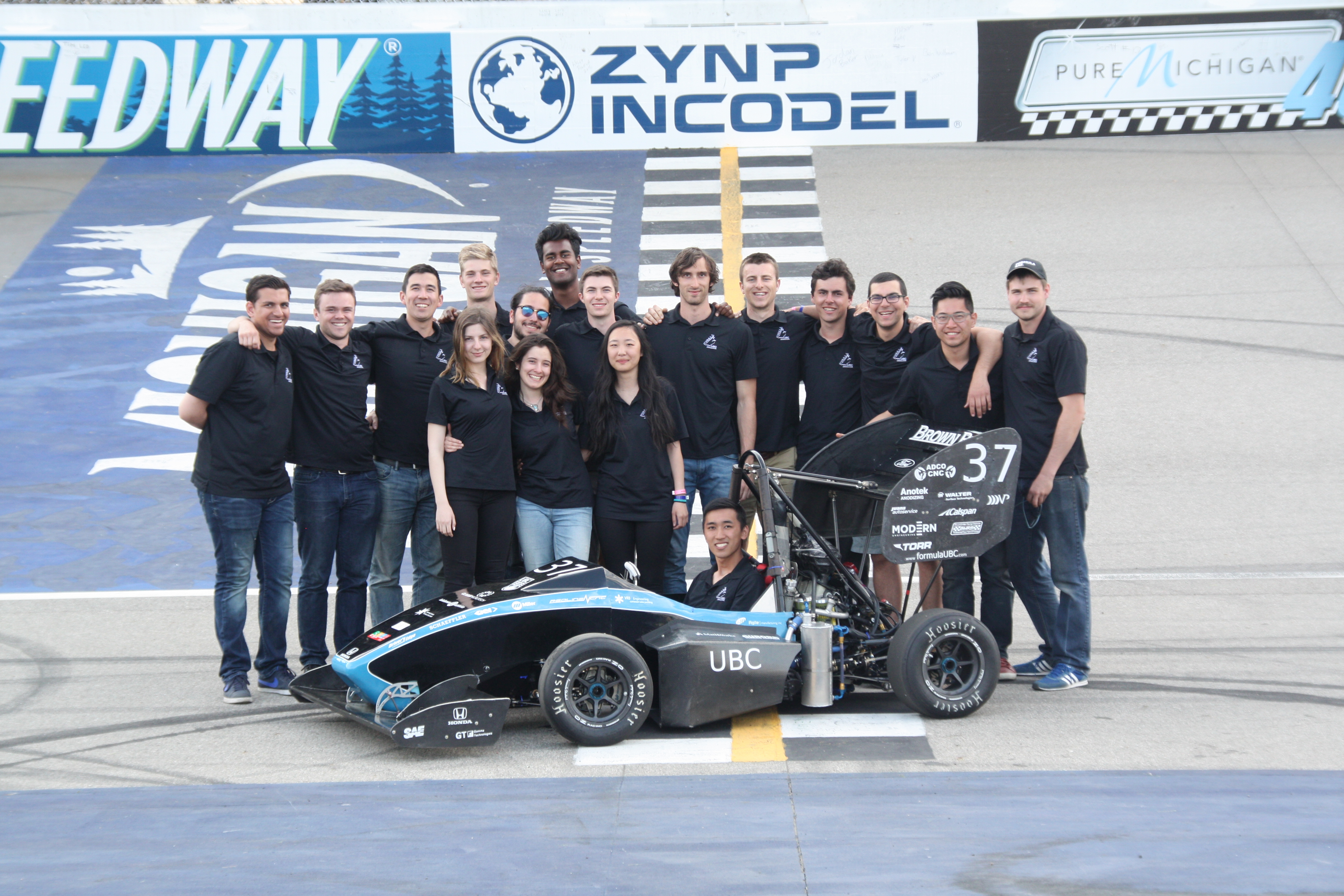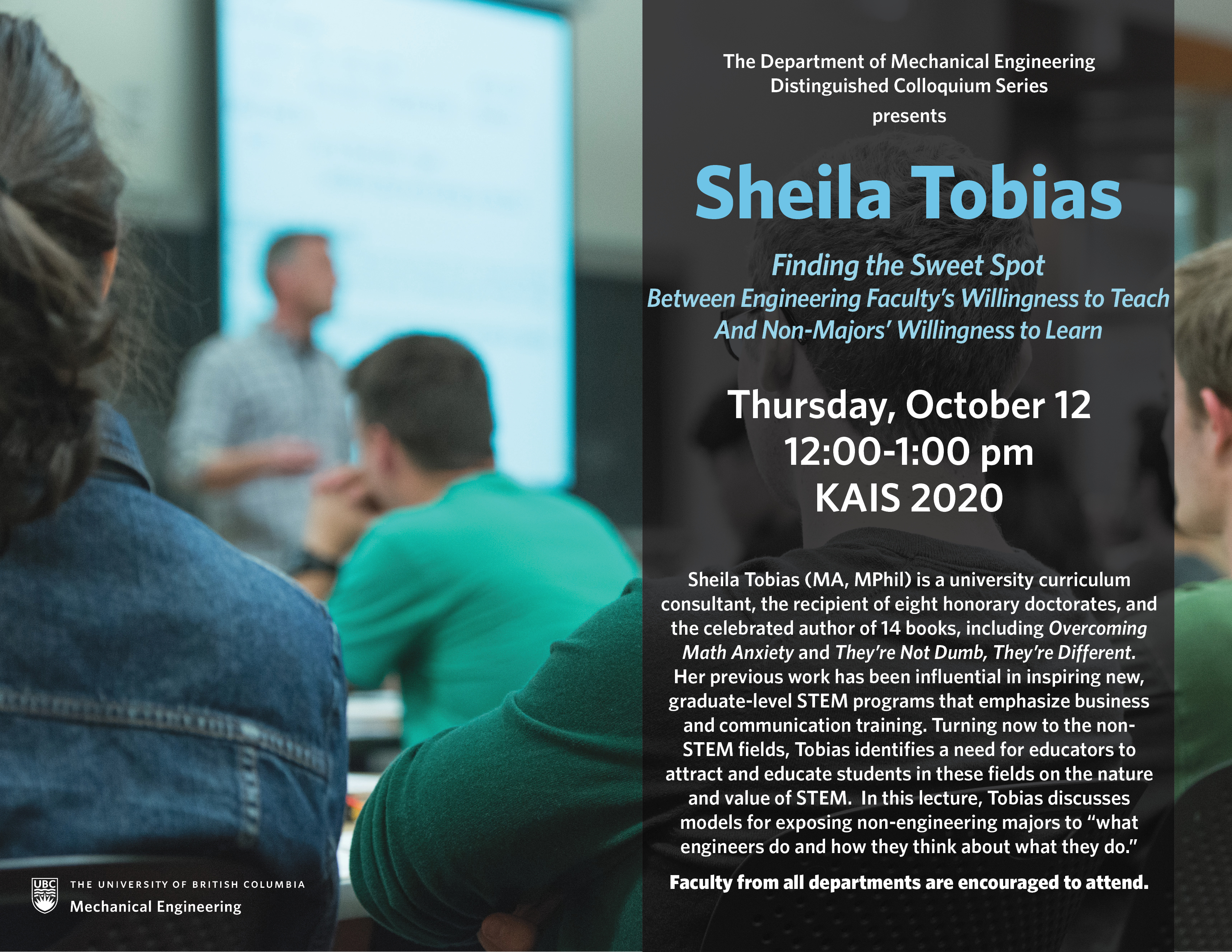
Competing in their first international competition, UBC Rocket hardly expected to take home a first place prize. One of 15 competing Canadian schools, UBC Rocket recently took part in the Intercollegiate Rocket Engineering Competition which ran from June 20 to 24 in New Mexico, USA.
The flagship event of the Spaceport America Cup, the competition challenges teams to design and build rockets. Teams are judged based on rocket innovation and functionality, as well as flight performance and other criteria depending on the event category. UBC Rocket received first place for their performance in the “10K – All Propulsion Types” category, wherein teams compete to launch their rockets to exactly 10,000 feet. Using a solid propulsion system, UBC Rocket was able to control the launch of their rocket to 10,053 feet, earning them first place over 50 other teams.
Construction of the team’s rocket, named Cypress after our local Cypress Mountain, began just over a year ago. Despite their relatively new status at UBC, the team has quickly grown to include over 55 active members, from four different faculties and seven engineering disciplines. The team hopes to repeat their success next year, and has set up a Crowdfundraising page to help recover the costs of this year’s competition and support future efforts. You can find their Crowdfundraising page here: UBC Rocket Goes to Competition
The team was also recently featured on CBC News, which interviewed Joren Jackson on the The Early Edition. You can hear Jackson’s interview, and watch Cypress’ launch here: UBC Amateur Rocket Team Beats Out Caltech and MIT




 We are excited to announce that Glenn Jolly, Technician and Electronics Shop Supervisor, has been named a 2017 recipient of the President’s Staff Award!
We are excited to announce that Glenn Jolly, Technician and Electronics Shop Supervisor, has been named a 2017 recipient of the President’s Staff Award!




 Please join us in congratulating the Mechanical Engineering Fall 2017 graduates, who received their degrees on November 23. The department hosted a reception before the graduation ceremony to recognize some of our outstanding students.
Several of our students received awards based on their academic achievements. Their names are below, in alphabetical order.
Academic Achievement Award
For students who have an average of over 90% during their degree.
Please join us in congratulating the Mechanical Engineering Fall 2017 graduates, who received their degrees on November 23. The department hosted a reception before the graduation ceremony to recognize some of our outstanding students.
Several of our students received awards based on their academic achievements. Their names are below, in alphabetical order.
Academic Achievement Award
For students who have an average of over 90% during their degree.




